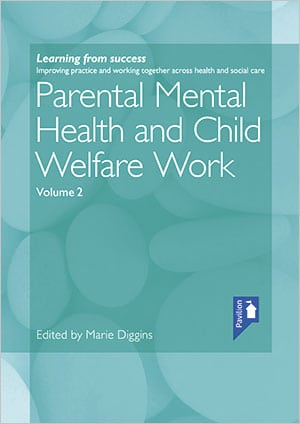
American Library Association (ALA): State of America’s Libraries Report

news, new scholarship & more from around the world

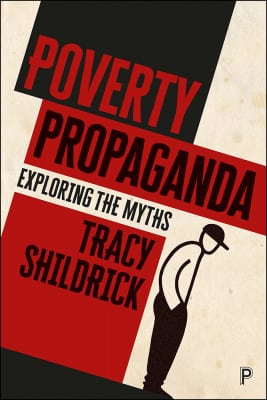


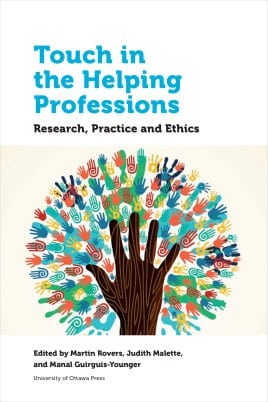

Michelle Lefevre is Professor of Social Work at the University of Sussex and has extensive experience of research and practice as a social worker and arts psychotherapist with children and young people.

Retroactivism in the Lesbian Archives examines how lesbian collectives have employed “retroactivist” rhetorics to propel change in present identification and politics.

During the 60s Scoop, over 20,000 Indigenous children in Canada were removed from their biological families, lands and culture and trafficked across provinces, borders and overseas to be raised in non-Indigenous households.


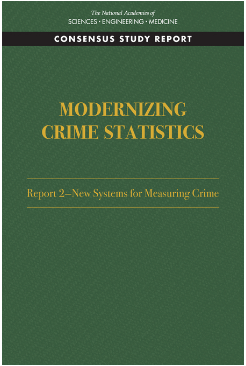



A thirteen-year-old girl wakes up in a future where human emotions are extinct and people rely on personal-assistant robots to navigate daily life.
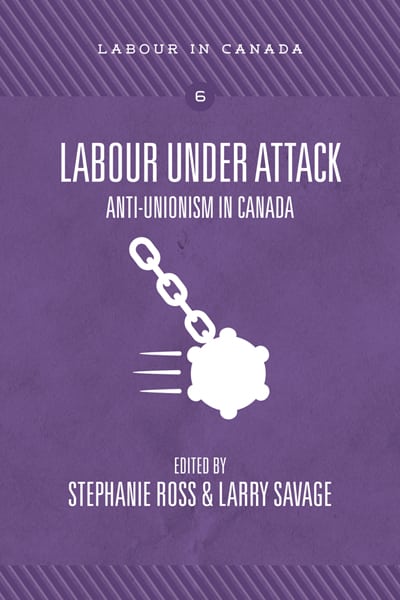






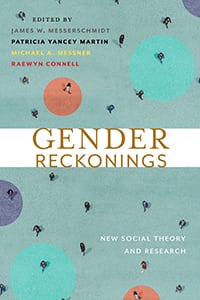


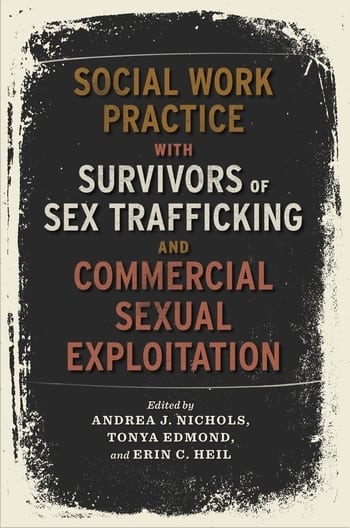
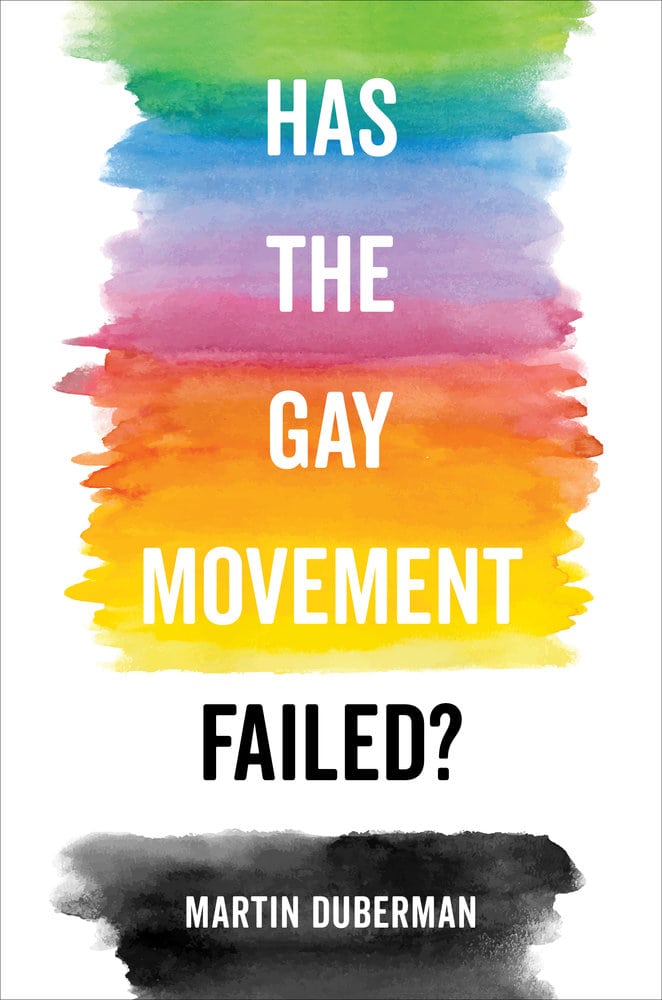


Ethical loneliness is the experience of being abandoned by humanity, compounded by the cruelty of wrongs not being acknowledged. It is the result of multiple lapses on the part of human beings and political institutions that, in failing to listen well to survivors, deny them redress by negating their testimony and thwarting their claims for justice.
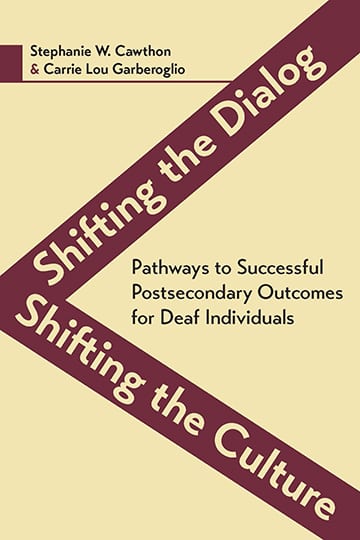


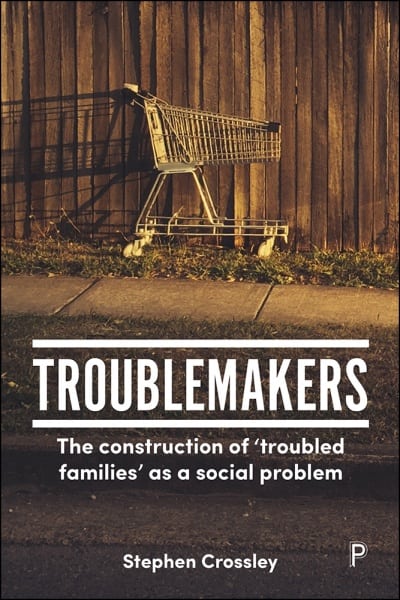



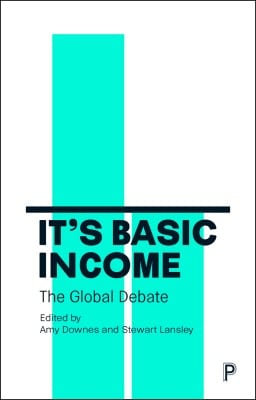
Is a Universal Basic Income the answer to an increasingly precarious job landscape?


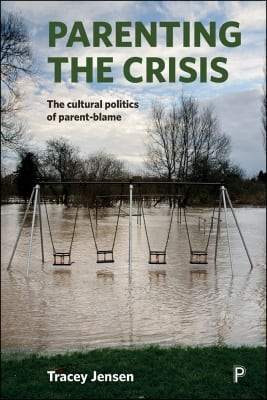

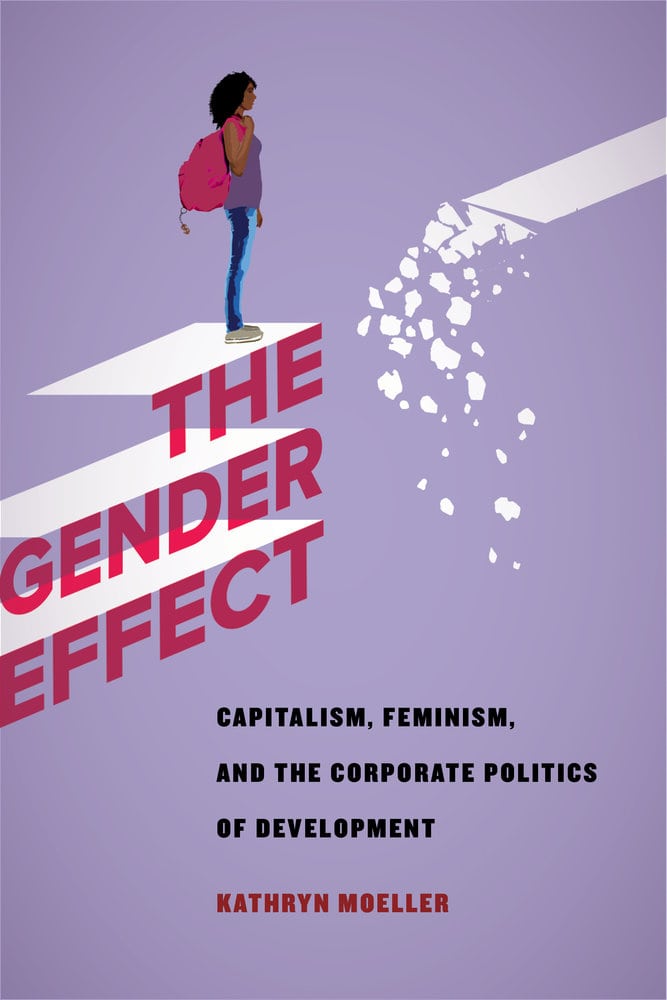
How and why are U.S. transnational corporations investing in the lives, educations, and futures of poor, racialized girls and women in the Global South? Is it a solution to ending poverty? Or is it a pursuit of economic growth and corporate profit?






